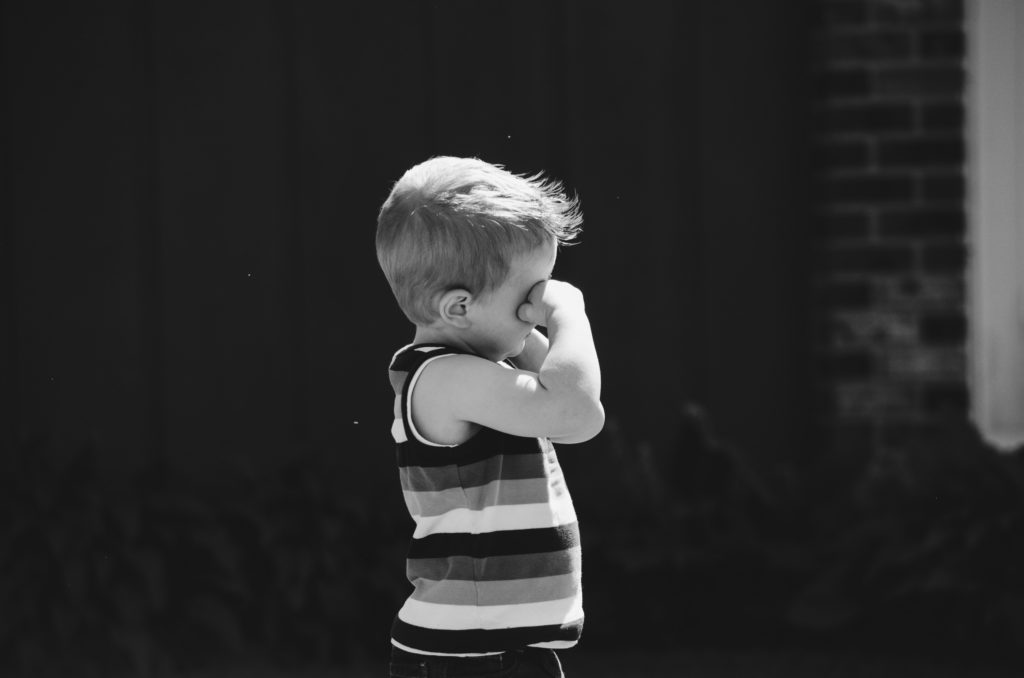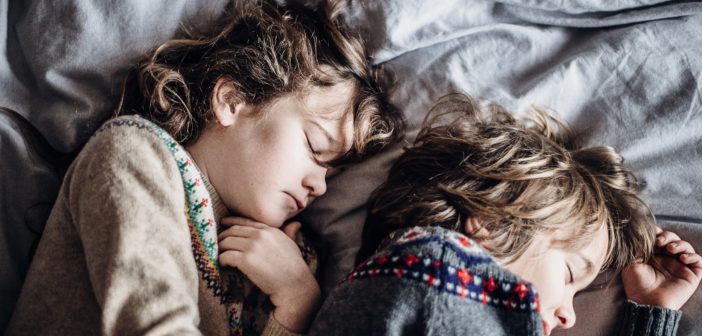We’ve all been there. You have met up with a group of parents and their kids, when suddenly one of them drops a bombshell:
“Oh, I’m soooo tired. We were up all night with little Sammy vomiting. It was everywhere. She threw up again this morning but seems ok now.”
Ummm… excuse me?
Meanwhile, your child is taking turns licking the same ice-block as Spewy Sammy.
If it isn’t vomiting it could be a horrendous wracking 2 pack-a-day cough or green slime coming from each nostril.
I know slime is the latest craze, but the slime that kid is rocking is going to catch on far more quickly, but be a lot less fun, if you get my drift.
Increasingly each winter there are warnings from health agencies, schools and day cares to stay home when you are sick. Campaigns such #preventthespread can be seen everywhere at the moment, especially on social media.
Which makes good sense! No one likes being unwell and for some it is much more than an inconvenience. Elderly, asthmatics and immunocompromised people really can’t afford to get sick.
Just ask Shannon, whose young son has a number of medical conditions, including pulmonary hypoplasia (lung abnormalities).
Having a medically complex/compromised child means having to be on “high alert” at all times. A simple cold is something that is seriously life threatening to my child. A mild cold recently had my child in intensive care for days. So whilst sickness notification at times can appear an over reaction(?) it’s something which is a constant consideration. I hate that such questions are now part of our socialising and I hope that one day we can attend functions etc. without constant worry, but until then; we need to know what may be around – as it truly can be a life and death matter,” explains Shannon.
Knowing that your child’s cold could endanger someone else’s life really puts that sniffle into perspective, doesn’t it?
 Of course, we can’t all stay confined indoors at the slightest sign of being unwell, particularly when kids are quite good at bunging it on sometimes! In these cases, a good dose of common sense is also required.
Of course, we can’t all stay confined indoors at the slightest sign of being unwell, particularly when kids are quite good at bunging it on sometimes! In these cases, a good dose of common sense is also required.
Start by teaching your kids the following healthy hygiene steps:
1. Cover your mouth and nose when you sneeze. Not with your hand though, use a tissue or your sleeve – this is where dabbing actually comes in handy!
2. Wash your hands:
- After you’ve been to the toilet
- After coughing, sneezing or blowing your nose
- After contact with some who is sick
- Before touching your face
- Before touching or eating food
3. Don’t share personal items, including food, drink bottles, tooth brushes, towels.
4. Avoid close contact with others who are sick (or if you are sick)
Also, if you are heading to a play date or social event and your child seems vaguely unwell – give folk the heads up. A simple text to the group will give others the chance to act on the warning that someone might be contagious and they can make an informed decision about whether or not to attend.
Or they might ask you to stay home! In that case, relish the opportunity to bunker down on the couch with your kids, watch a movie and recuperate so you can all get back to being social ASAP.
As with everything in like, a little bit of consideration for other people goes a long way.
What do you think is good sickness etiquette? Do you warn friends your child might be unwell prior to socialising?


1 Comment
Pingback: What You Need To Know About Glandular Fever - School Mum